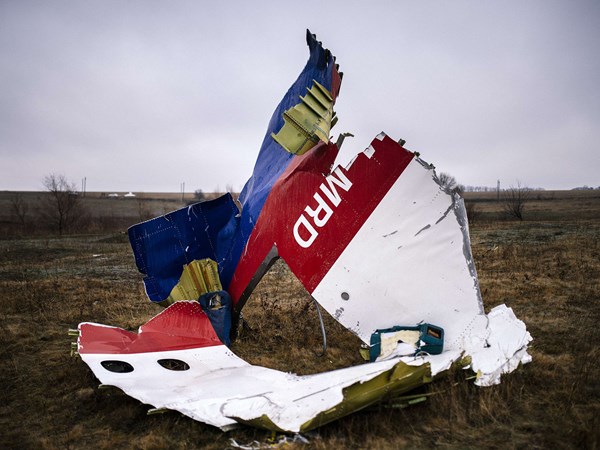Russia explained why it passed unreadable pictures on the MH17 case to the Netherlands
The Federal Air Transport Agency, Rosaviatsia, stated that the reformatting of data obtained from Russian radar showing the moment of the crash of a Malaysian Boeing in the Donbas into the required file format will lead to "significant data loss,” as reported by Interfax , citing the Federal Air Transport Agency.
"The data from the radio detection and ranging station was transferred to the Dutch in an unprocessed form, which automatically indicates its authenticity and exclusivity. The ASTERIX data format, demanded by the Netherlands, presupposes transmitting the data in a processed form, which, in fact, makes it a secondary source of information that would allow them to see only about 25% of the primary information directly from the locator," the Russian agency stated.
Rosaviatsia also said that the initial radiolocation data traditionally has its own encryption format.
According to Interfax, Russia "is ready to provide the international commission investigating the Boeing crash with its specialists to help with deciphering the radar data."
Earlier, a representative of the prosecutor’s office of the Netherlands in Amsterdam said that Russia had given the Dutch investigators of the MH17 plane crash the data from a radiolocator in a format that does not comply with international standards, and therefore to date they have not been able to use this data get a clearer picture of the incident.
The Malaysia Airlines Boeing 777 flight from Amsterdam to Kuala Lumpur crashed on July 17, 2014 near Donetsk. All 298 people on board were killed.
According to the interim report of the international investigation group, it was downed by missile launched from a Buk missile system delivered to Ukraine from the territory of Russia.
Dutch experts who conducted the investigation pointed to an extremely low likelihood that the primary radars, activated at the moment of the plane crash, could detect the missile. However, the families of the victims said that the experts had not ruled out that possibility. Russia provided the investigators with the requested data in October of 2016.
